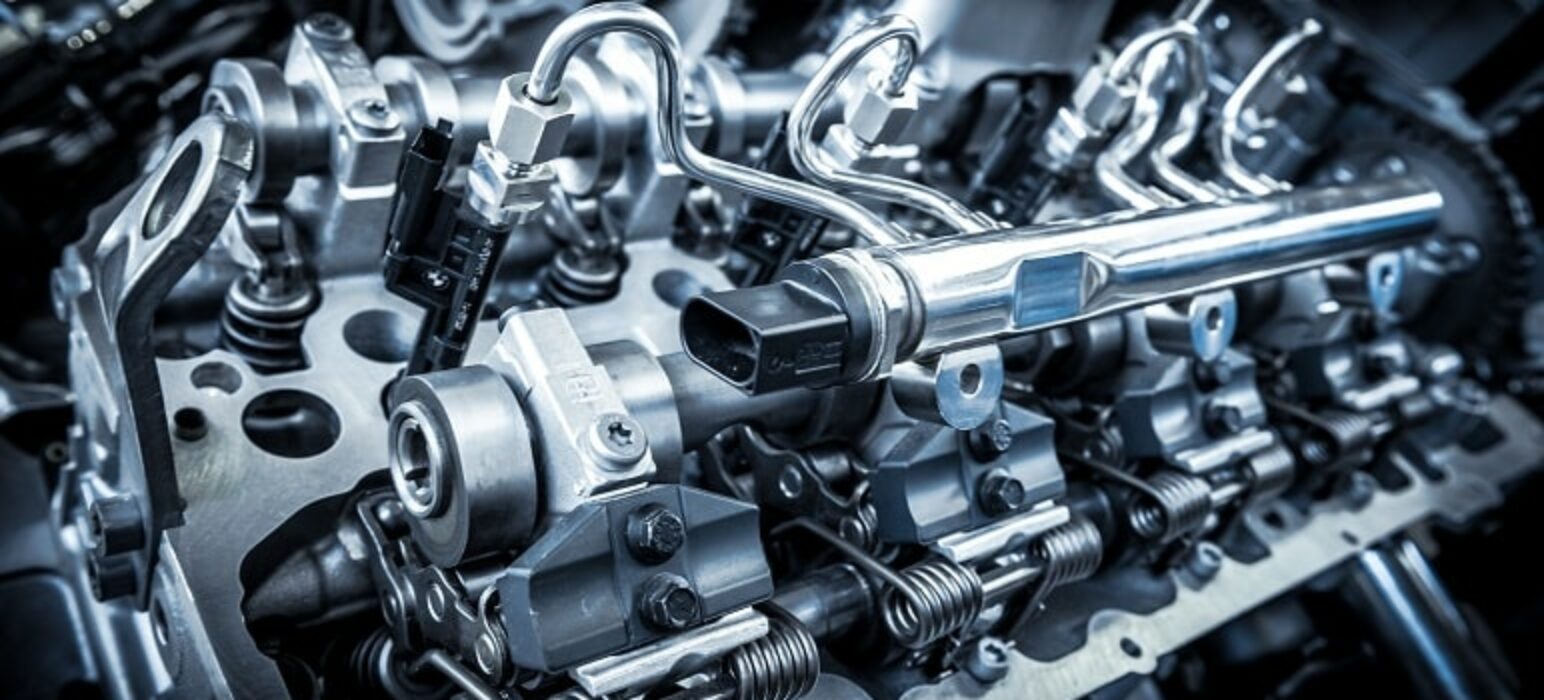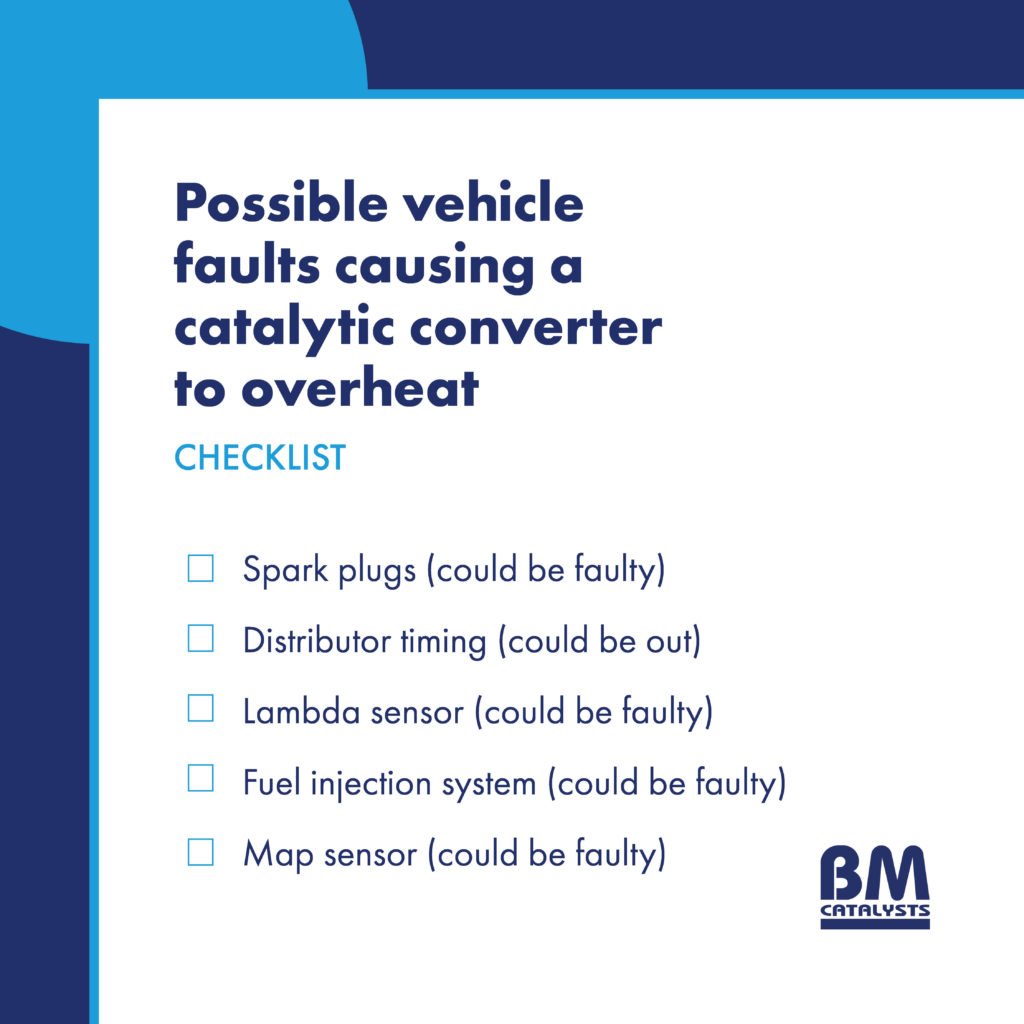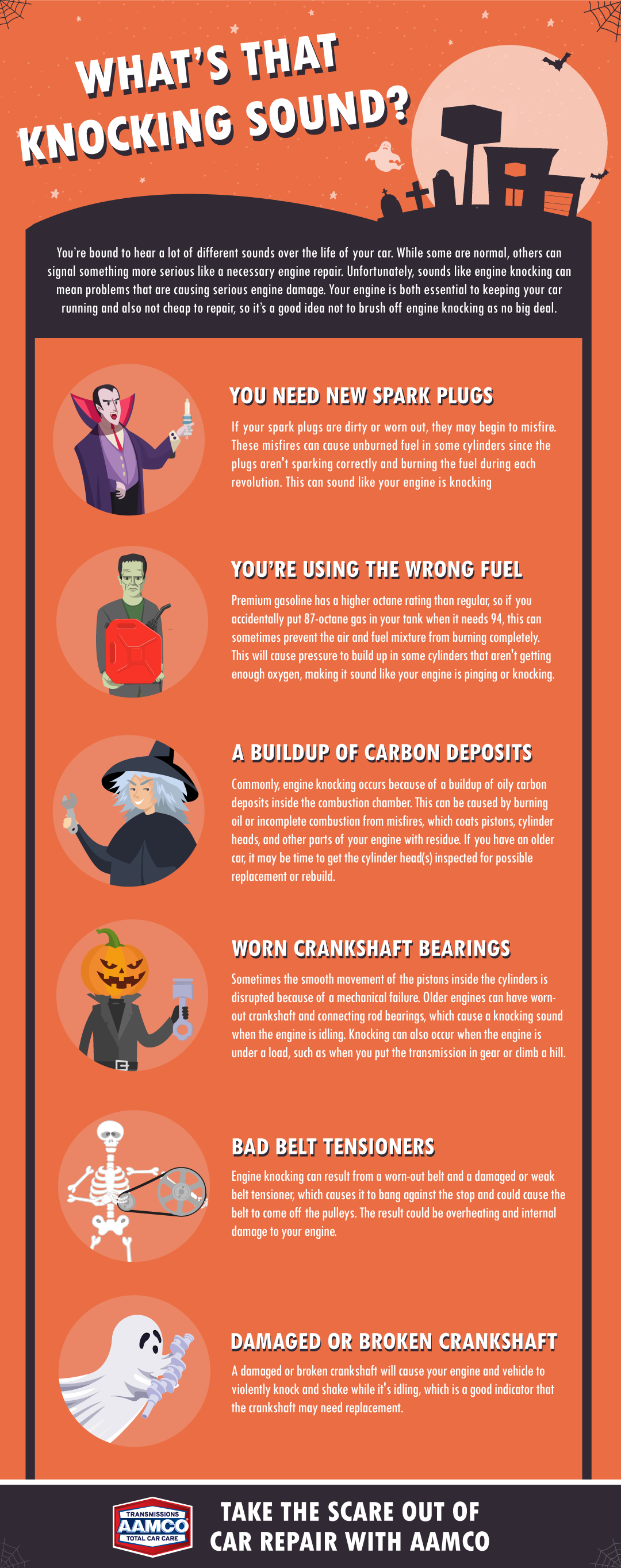Yes, a misfire can cause overheating. Misfires lead to incomplete combustion, generating excess heat in the engine.
Engines rely on precise combustion for optimal performance. Misfires disrupt this process, resulting in inefficient fuel burn and increased engine temperature. Over time, continuous misfires strain the cooling system, leading to overheating. Ignoring misfires can damage engine components, making timely diagnosis crucial.
Regular maintenance and addressing misfires promptly help prevent overheating. Mechanics can use diagnostic tools to identify and fix the root cause. Keeping your engine in top condition ensures better performance and longevity. Proactive care saves you from costly repairs and ensures a smoother driving experience.
The Mechanics Of Engine Misfires
A misfire happens when the engine does not burn fuel properly. This can cause the engine to run rough. Sometimes, the car might shake or jerk. This can lead to loss of power. The engine may also make strange noises. Misfires can be dangerous and should be fixed right away.
Worn spark plugs can cause misfires. A dirty fuel injector can also cause problems. Faulty ignition coils are another common cause. Sometimes, a vacuum leak can lead to a misfire. Low fuel pressure can cause the engine to misfire. Bad wiring can also be a reason for misfires.

Credit: club.autodoc.co.uk
Thermal Stress In Engines
Engines produce heat during normal operation. The combustion process generates high temperatures. This heat must be managed. Cooling systems help keep the engine at a safe temperature. Radiators, coolant, and fans work together. Proper maintenance ensures these systems function well.
Excessive heat can cause serious problems. Engine components may warp or crack. Lubricants can break down, leading to increased friction. This can cause further damage. Overheating can result in complete engine failure. Immediate attention is needed to prevent long-term issues.
Connecting Misfires To Overheating
Misfires disrupt the engine’s normal operation. This causes the engine to work harder. Extra stress leads to more heat production. The cooling system may struggle. As a result, temperature levels rise quickly.
Repeated misfires can severely affect the engine. Each misfire adds to the engine’s workload. Over time, this causes overheating. The engine components can wear out faster. This leads to even more misfires. A cycle of damage and heat forms. It can be very harmful to the engine.

Credit: www.autoresource.co.uk
Symptoms And Signs Of Engine Distress
Misfires can lead to engine overheating by disrupting the combustion process. This inefficiency generates excess heat, straining the cooling system. Early detection of misfires is crucial to prevent severe engine damage.
Recognizing Misfires
A misfire can cause engine shaking. It makes the car feel rough. You may hear strange noises. Power can drop suddenly. The exhaust may smell funny. Fuel use can go up. Your check engine light might flash. These are all signs of a misfire.
Warning Signals Of Overheating
The temperature gauge shows high. Steam may come from the hood. You might smell coolant. The engine can feel very hot. Your car might lose power. Warning lights may turn on. These signs mean the engine is overheating.
Diagnosing The Problem
A misfire can lead to engine overheating. You need the right tools to diagnose it. Diagnostic tools like an OBD-II scanner are crucial. This tool reads error codes from the engine control unit. A compression tester helps check each cylinder. Using a spark plug tester ensures the spark plugs work. A coolant temperature sensor checks if the engine runs hot. These tools help find the root cause of the problem.
After using diagnostic tools, read the error codes. Misfire codes often start with ‘P030’. Check which cylinder is affected. Use a compression tester to see if that cylinder has low compression. If yes, it could mean a head gasket leak or valve issue. The spark plug tester will show if the spark plug or ignition coil is faulty. A bad spark plug can cause a misfire. The coolant temperature sensor will show if the engine is overheating. If the sensor shows high temperature, it confirms overheating.
Preventive Measures And Maintenance
Regular maintenance is key to avoiding engine misfires. Check the spark plugs and replace them if needed. Inspecting the fuel injectors is also crucial. Clean or replace air filters to ensure proper airflow. Examine the ignition coils for any signs of wear. Keep an eye on the engine light and address issues promptly. Regular oil changes can also prevent misfires. These simple steps can save you from costly repairs.
Ensure the coolant is at the right level. Check the radiator for any leaks or clogs. Clean the radiator fins to allow proper airflow. Inspect the water pump for any signs of damage. Make sure the thermostat is working correctly. Replace old hoses to prevent leaks. Keep the cooling fan in good condition. Regularly flush the cooling system to remove any debris. These practices can help keep your engine cool and prevent overheating.
Professional Vs. Diy Fixes
Call a mechanic if you hear strange noises from the engine. Overheating can damage your car. Professional tools are sometimes necessary. Misfire issues can be complex. Experts know how to handle them. Avoid further damage by consulting a mechanic. Engine repairs often need special skills. Safety is important. Don’t risk more problems.
Check the coolant level regularly. Top it off if it’s low. Inspect the spark plugs for wear. Replace them if needed. Look at the ignition coils for damage. Clean or replace the air filter. These tasks are easy. Basic tools are enough. Save money by doing these yourself. Keep your car running smoothly.
Long-term Impacts On Engine Health
Ignoring misfires can damage your engine. Misfires make the engine run rough. This can lead to overheating. Overheating can warp engine parts. Warped parts cause more misfires. This cycle can ruin your engine. You might need expensive repairs. Your car might break down suddenly. This is risky and unsafe.
Fix misfires quickly to keep your engine healthy. Regular check-ups can catch problems early. Use quality fuel and oil. Clean air filters help the engine breathe better. Follow the maintenance schedule in your car’s manual. This keeps the engine running smoothly. A well-maintained engine lasts longer. It saves you money and stress.
Case Studies And Real-life Scenarios
Many drivers face engine misfires. This can lead to severe overheating. One car owner noticed a misfire. Then, the engine temperature spiked. The coolant boiled over and the engine stopped.
Another driver ignored a misfire. Soon, the engine overheated. This caused head gasket failure. The repair costs were high.
A mechanic shared a case. A truck had a constant misfire. The engine ran hotter than normal. Coolant leaks were found later. The engine needed major repairs.
Always address misfires quickly. Ignoring them can cause overheating. This leads to expensive repairs. Regular engine check-ups help prevent issues. Timely maintenance is key.
A healthy engine runs smoothly. Misfires disrupt this balance. The cooling system can fail. Overheating can damage many parts. Prevention saves money and time.

Credit: www.aamcoblog.com
Frequently Asked Questions
Will Bad Spark Plugs Cause Overheating?
Yes, bad spark plugs can cause overheating. Faulty spark plugs misfire, reducing engine efficiency and causing excess heat. Regular maintenance prevents this.
What Damage Can A Misfire Cause?
A misfire can damage the catalytic converter, cause engine knocking, and reduce fuel efficiency. It may also harm the spark plugs and ignition coils, leading to costly repairs. Regular maintenance can prevent these issues.
Can A Bad Cylinder Cause Overheating?
Yes, a bad cylinder can cause overheating. It disrupts engine performance, leading to excessive heat and potential damage.
What Are The Symptoms Of A Car Misfiring?
Common symptoms of a car misfiring include rough idling, poor acceleration, engine shaking, unusual noises, and increased exhaust emissions.
Conclusion
A misfire can indeed lead to engine overheating. Addressing misfires promptly prevents further damage. Regular maintenance is essential for a healthy engine. Ignoring signs of a misfire can escalate repair costs. Ensure your vehicle runs smoothly by resolving misfires early.
This helps in avoiding overheating and maintains optimal engine performance.

